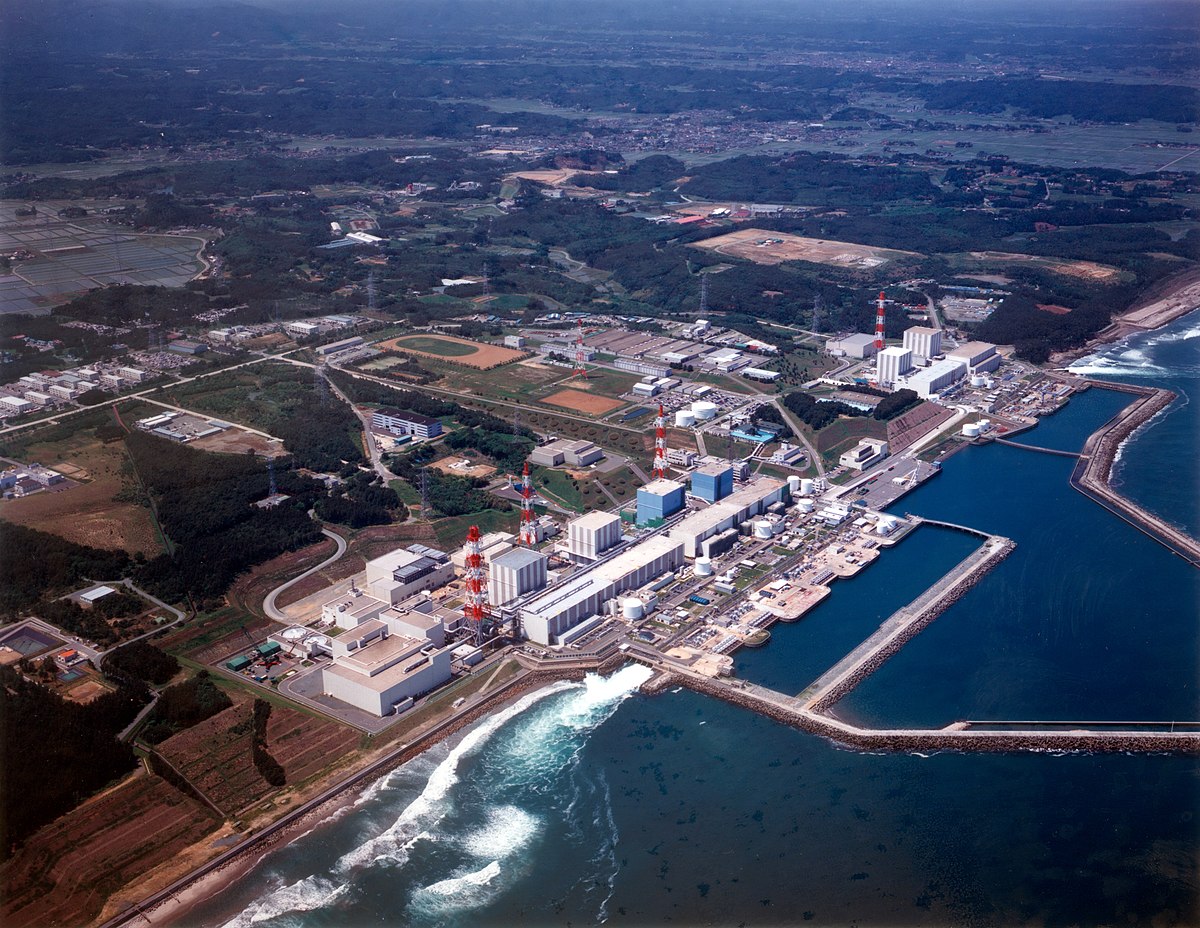Japan’s July seafood exports to China down 23% on radiation testing

The Fukushima Daiichi Nuclear Power Station
The value of Japan’s seafood exports to China fell 23.2 percent in July from a year earlier to 7.7 billion yen ($52 million), partly due to the neighboring country’s blanket radiation testing on such products that started that month, government data showed Tuesday.
The exports of those products, particularly scallops, saw a decline for the first time since January 2021, as Beijing had tightened its inspections prior to the release of treated radioactive water from the crippled Fukushima nuclear power plant, according to the Ministry of Agriculture, Forestry and Fisheries.
Despite concerns from neighboring countries such as China, Japan went ahead in late August in discharging the water from the Fukushima Daiichi plant. China subsequently suspended imports of all seafood products from Japan.
Such a ban is likely to see a further drop in China-bound seafood exports for August, ministry officials said.
Tuna was also among the products significantly affected by China’s radiation testing that lengthened customs procedures.
The aggregate export value of Japanese agricultural, forestry, and fishery products to China for July also fell 20.8 percent to 22.5 billion yen, the data showed.
The total exports of such products to Hong Kong were down 2.9 percent, while those of seafood products alone fell 11.0 percent.
Due to the impact of China’s tightened inspections, the total value of Japan’s food, agriculture, forestry and fisheries exports decreased 0.03 percent to 117.8 billion yen, marking a decline for the first time in six months.
The decrease is likely to affect the ministry’s target of raising annual exports to 2 trillion yen by 2025.




